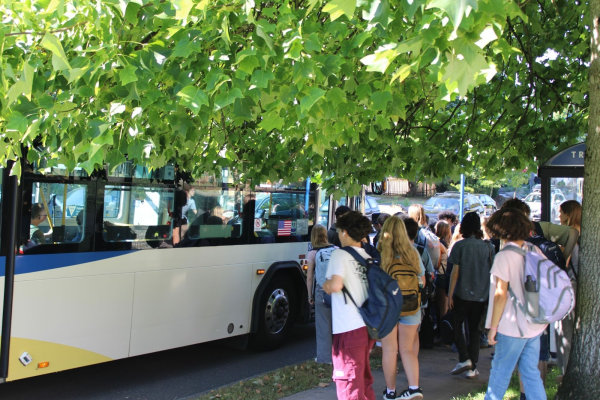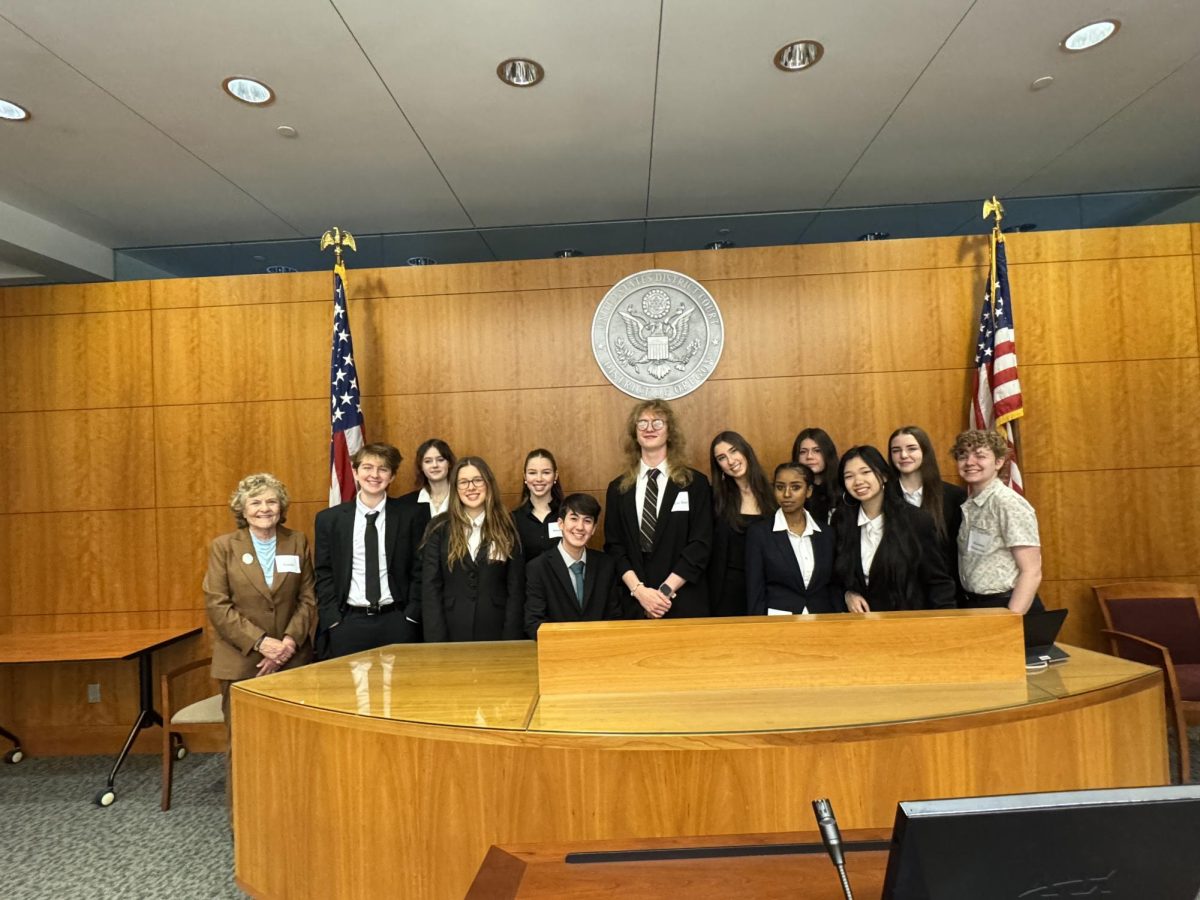
A growing budget shortfall, unresolved after House Bill 2025 failed to pass in the Oregon Legislature in late June, will push TriMet to implement sweeping cuts to service, as well as reduce its workforce and spending. The public transit system, a staple of the city since 1969, carries an average of over 200,000 riders each weekday.
Governor Tina Kotek called a special session of the legislature to address transportation funding through House Bill 3991. The House passed it on Sept. 1, but the Senate vote was delayed until Sept. 29. On Sept. 29, the bill was passed, and is set to be signed by Gov. Tina Kotek. $4.3 billion is expected to be raised for the Oregon Department of Transportation, meaning TriMet will receive considerably more funding after the bill raises the payroll tax used to support TriMet from 0.1% to 0.2% of a paycheck. However, experts warn transit riders, claiming the bill is only a temporary fix for transit agencies.
Cuts to Bus and MAX Lines
For Franklin riders, cuts to the system will hit close to home. Bruce Hansen, the president of local Amalgamated Transit Union 757, and a ride operator for the last 37 years, says that the FX2-Division line could run an hour less in the morning and in the evening. He also suspects that the bus headways — periods of time in between bus arrivals — may be lengthened.
In late July, TriMet announced its plans to address the $300 million budget shortfall, with the gradual implementation of cuts through August 2027. The first changes will begin Nov. 30, 2025, reducing the morning and night service to some Frequent Service lines, and reducing evening service on the FX2-Division line. Eight other bus lines are set to reduce service during all hours.
More bus and MAX lines, unspecified as of yet, may be cut starting in March of 2026, especially those with low ridership. Routes may also be changed to increase efficiency.
Portland Police Bureau Rejoins Transit Police
Another change within TriMet is the return of Portland Police Bureau (PPB) officers to Transit Police. Multnomah County Sheriff’s Office (MCSO), which operates Transit Police, announced in late August that five PPB officers and one sergeant will join their team. At the press conference announcing this rejoining of the partnership, Mayor Keith Wilson discussed Portland’s “promising decrease in crime,” which PPB and TriMet would support. In a statement to the Post, MCSO said, “Welcoming the Portland Police Bureau back to Transit Police will increase our collective presence on the transit system, deterring crime, building trust, and reassuring riders.”
The Transit Police Division, once led by PPB, became exclusively directed by MCSO in 2020. Though this transfer of power was already expected at the time, it became a priority action as calls for police reform rang across the country following the killing of George Floyd.
As an operator, the safety of Portland’s riders is a priority for Hansen. “Anytime we reduce security for our employees and our membership, it’s detrimental,” he explains. “If we don’t have that enforcement or that [police] authority on our system, people are going to disrespect everybody on the system, including the operators and the passengers who are paying their fares.”
Hansen has seen crimes and violence while riding Portland’s public transit systems, and continues to do so every day of his career. “[Safety] is something we have to concentrate on again,” he says. “If we don’t make our system safer, people aren’t going to ride, and we won’t [have] a system.”
These changes to TriMet services will affect commuters across the Portland metropolitan area — including PPS high schoolers. “I encourage the younger generation to get involved,” says Hansen, “and I think part of it is understanding the system that we have.”







































